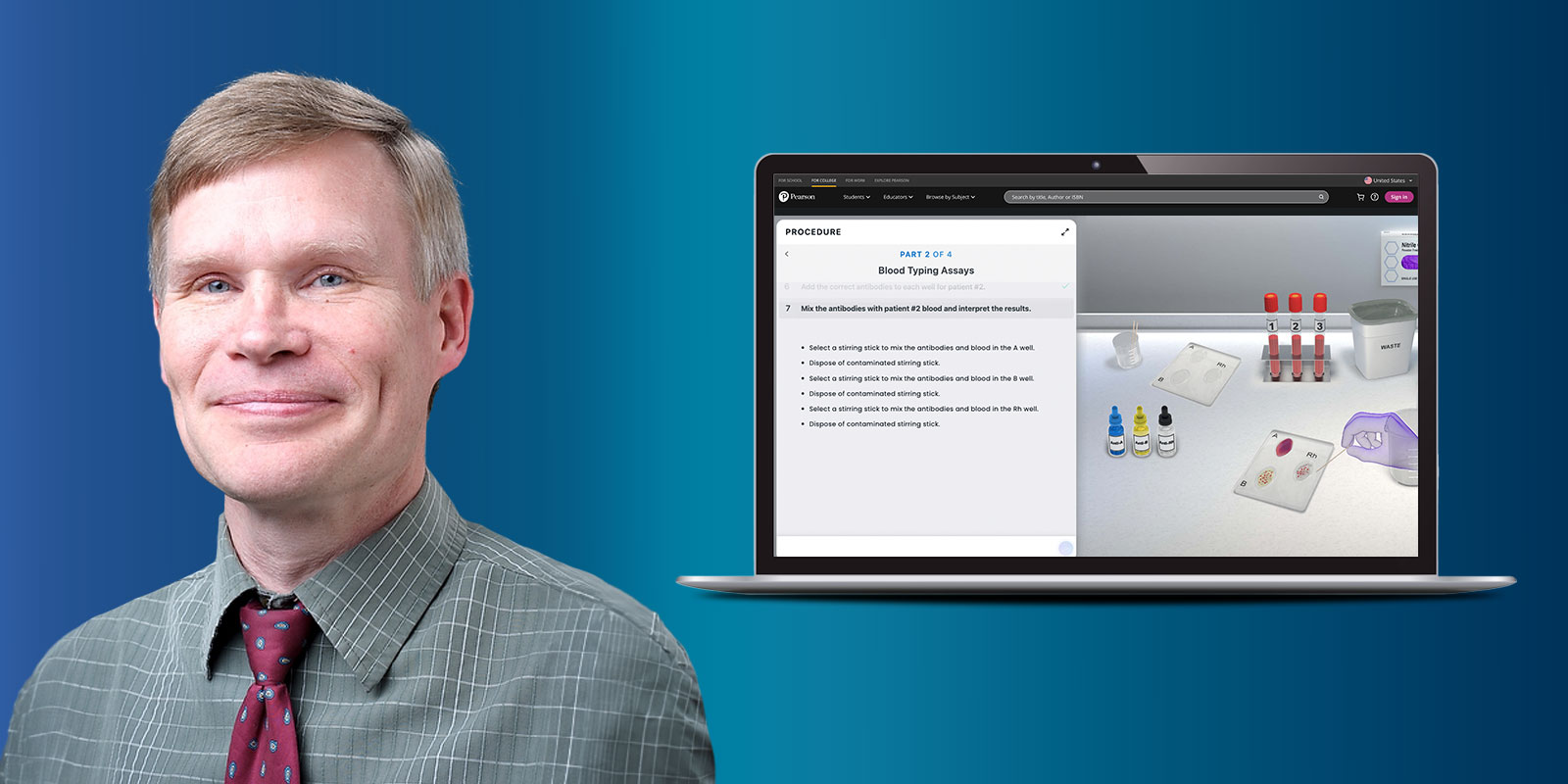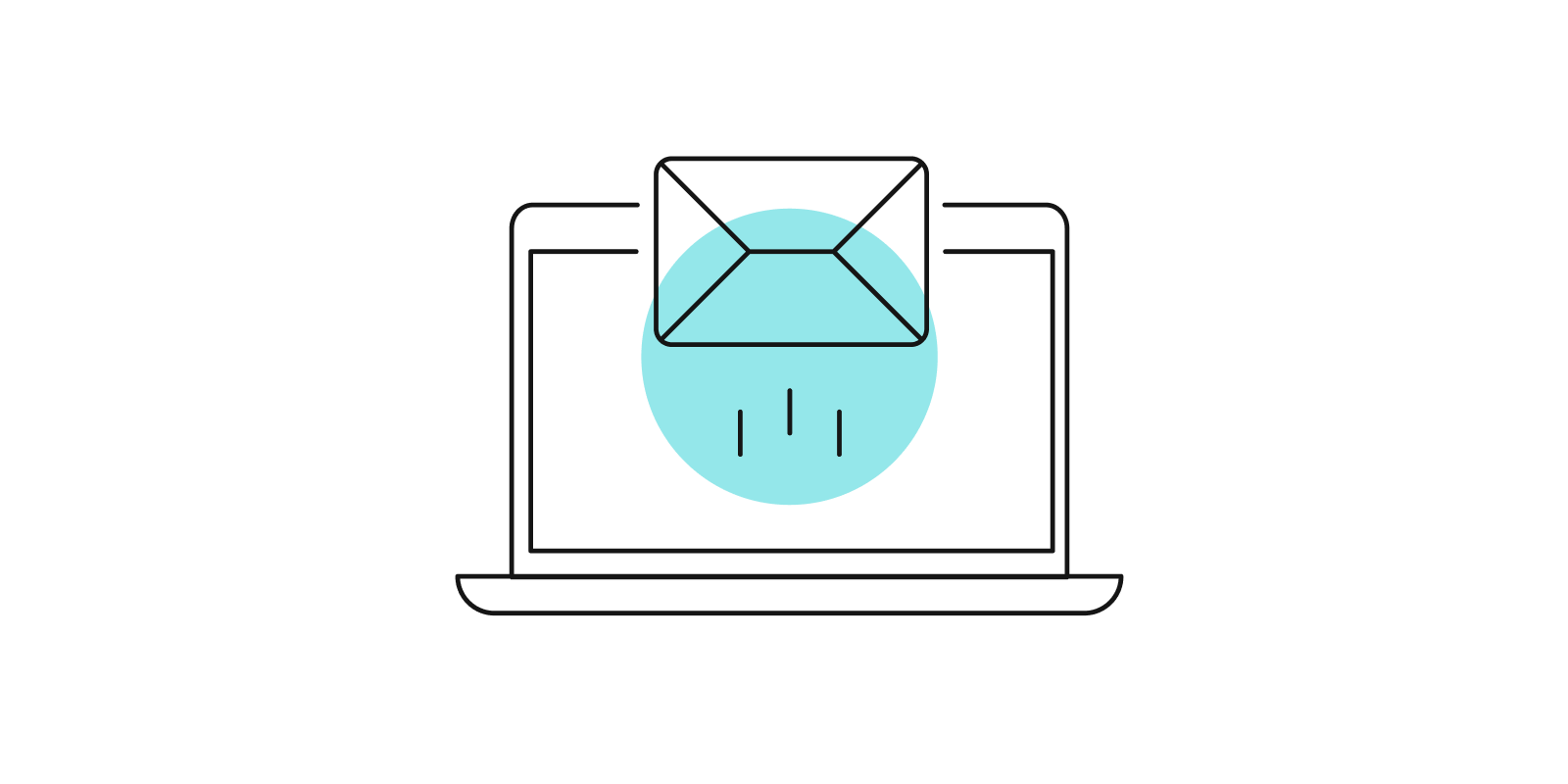
What education experts are saying about ChatGPT

ChatGPT is game-changing technology. As a large language model tool designed to respond to prompts based on a wealth of information it already possesses, the program has taken artificial intelligence (AI) to a new level. With just a simple request, ChatGPT can write essays, poems, computer code, and more. While some of those working in higher education are concerned about ChatGPT, many see great potential in AI technology.
Recently, Pearson hosted a well-attended AI webinar featuring a panel of education experts and innovators. Part of the conversation centered on helping educators better understand what ChatGPT offers. But the overall focus of the event was to provide perspectives and glean insights on what emergent AI technology means for educators now and in the near future.
The panelists began by discussing how ChatGPT is changing education. “This is historical,” said panelist Erran Carmel of the American University’s Kogod School of Business. “This will change everything.” Carmel and the other panelists went on to provide plenty of insight on the ways faculty can best embrace AI technology and benefit from it.
ChatGPT Concerns & Alleviations
Among those in higher education, the top three concerns surrounding ChatGPT and other generative AI include:
- Will it be harder to engage students in critical thinking and learning?
- Will cheating be more common and more difficult to detect?
- Will students leave school unprepared to contribute to the world?
While the panelists for Pearson’s webinar acknowledge the potential downsides of ChatGPT, they also recognize the many opportunities. And they have a lot of good advice on how to approach ChatGPT and related AI technologies going forward. This advice includes:
1. Adapt a growth mindset
In a recent Pearson survey, fewer than 15% of educators are ready to embrace ChatGPT. But the webinar experts agree that reticence is not the best approach. Instead, the experts recommend that educators familiarize themselves with AI technology and focus on the ways it can benefit teaching methods and student learning. Randy Boyle of Weber State University drove home the importance of embracing the technology when he said, “The organizations that are saying ‘how can we use ChatGPT to enhance our education’ are going to win.”
2. Bring AI into the classroom
“Innovative faculty find innovative ways to use disruptive technology.”
Panelist Darcy Hardy of Anthology Education and Research Center made this point early in the discussion and the other experts agreed. Instead of banning ChatGPT and similar AI technology, the panelists advocate for teaching it. They suggest designing assignments that teach students how to use AI tools like ChatGPT and how to differentiate between generative AI and human-created works. Doing so can help students understand the applications and limitations of AI. Even simple projects where students critique work done by AI can help them see where AI provides value versus where humans provide value. Such lessons can help students prepare for a future with AI while also helping educators learn more about the ways students use and interact with the technology.
3. Discuss the impact of AI on the future
As generative AI technology continues to improve, it will become capable of doing more tasks at a more complex level. However, this is not the same as replacing human critical thinking and expertise. Both faculty and students can learn how to incorporate AI to be more effective at their respective teaching and learning.
4. Normalize citing AI
When used properly, ChatGPT can be a student’s co-pilot. It can help them brainstorm, improve phrasing, and learn new concepts. The webinar’s experts recommend educators determine how they would like to incorporate ChatGPT into their classroom and set guidelines for students to follow. Panelist Anna Mills of City College of San Francisco said she teaches critical AI literacy and believes in “setting a norm of transparency and labeling of AI text.” She recommends students clearly label any portion of an assignment that was generated with ChatGPT or another AI tool—just like they would cite other sources.
5. Reinforce the value of writing
Yes, ChatGPT can write an essay. But how does that improve learner outcomes? The panelists agree that writing encourages critical thinking and students need to engage in it. To ensure they do, educators should reinforce the value of writing and set boundaries to ensure the development of critical thinking.
6. Continue to follow core teaching methodologies
Just because technology is evolving doesn’t mean the foundational best practices of teaching have changed. Building a rapport with students, assigning drafts and edits, and being active in student learning can help students understand the value of education and use ChatGPT as a tool rather than a substitute for learning.
7. Modify the curriculum
Cheating has been an issue in education for a long time. And, every time technology has changed, new methods of cheating have arisen. In other words, “innovations” in cheating is not a new problem. Educators can respond to ChatGPT in the same way they have responded to other new technologies over the years: they can adjust the curriculum to help prevent the new methods of cheating and ensure students are absorbing the material. “The academic integrity issues are important,” said panelist Erran Carmel, “but we should focus on learning… Let’s not get distracted by [the cheating aspect].”
What is the expert consensus on the future of ChatGPT in higher education?
The panelists who participated in the webinar all agree that we are in a historic moment of change—and the potential for positive change is high. To make the most of the moment, institutions of higher education should embrace ChatGPT and learn how to make use of it.
“From a global perspective on education, I could not be more excited,” said Darcy Hardy. The statement echoed the sentiments of all the panelists. There are always challenges when it comes to new technology but, with the right approach, ChatGPT and other generative AI tools can change education for the better.



